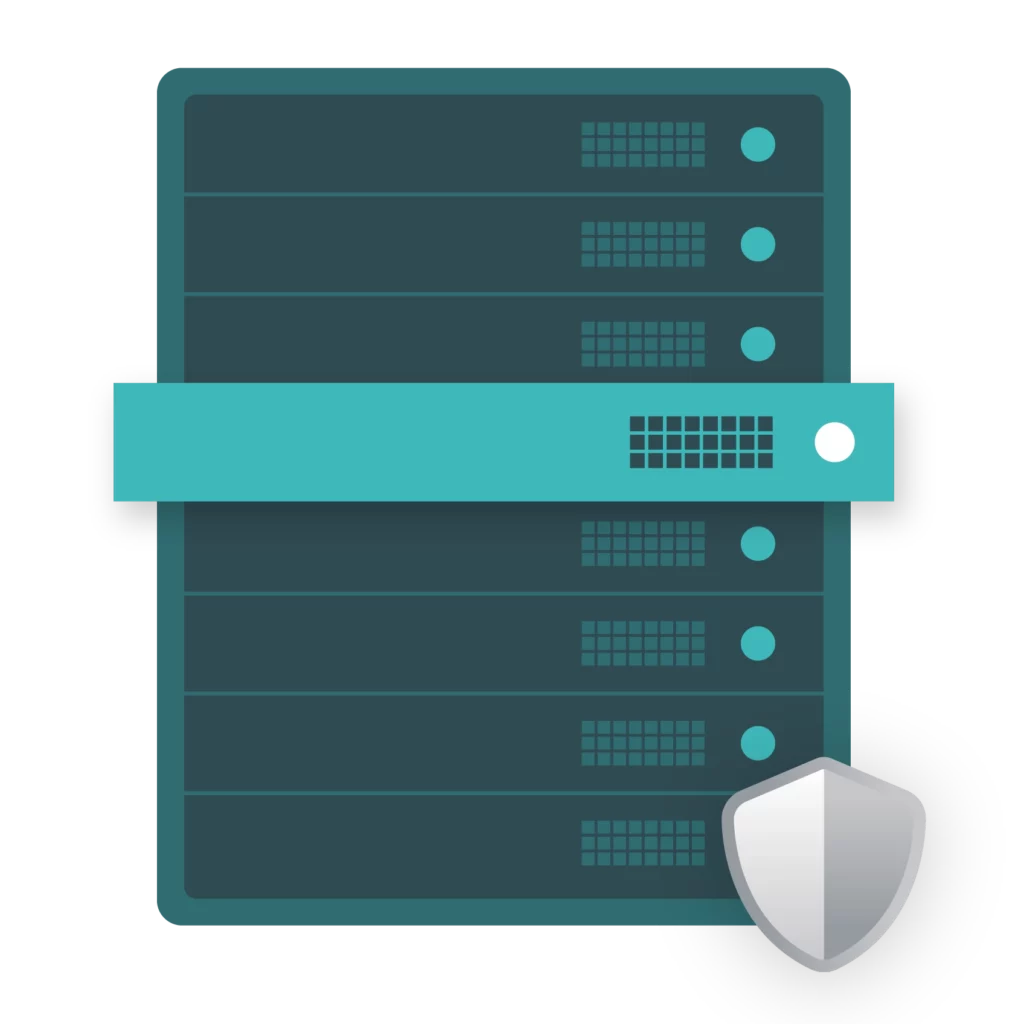Due to the global nature of the Internet a website can receive visitors from all over the Internet. If your website is hosted physically close to your visitor the download times will be very good. However, if a website visits from the other side of the world the content may take some time to download. So how will a CDN deliver that content even quicker? Let’s find out…
What is a CDN?
A Content Delivery Network, called CDN for short, is a network of servers that sit throughout the world that deliver content faster to website visitors.
How do they work?
The content delivery network will have servers in each continent or region in the globe. When a visitor views a website with a CDN, the DNS server will automatically determine the closest CDN server to use.

Therefore, your website’s data will physically have less distance to travel and load the content over to the user super fast. The closer the server is to your user, the faster your sites are.
Some CDNs will also have multiple servers in specific regions to improve performance. Doing so also gives the company you have your CDN with, extra space to improve performance maintenance if needed.
Some of these CDN servers will hold cached copies of the static content of the websites including images, CSS, javascript, and raw Html pages. Meaning your CDN will hold onto the content until the next time the user visits the site to serve it up even quicker. This cached content will have a set expiry time where it will be deleted and create a fresh copy of the website from what we call the origin server. The origin server is where the original copy of the website is hosted and updated.

Discover our all-in-one hosting platform.
Our website hosting platform is full of tools to make managing your client portfolio easier than ever.The benefits of having a CDN
In some cases, CDNs can cache the complete website, including dynamic content, which will typically have a low expiry time. This is particularly useful if you are expecting a large influx of traffic and the website owner would prefer the website to see slightly delayed content rather than the website going down.
Adding a CDN to your website is fairly cost-effective as the majority of traffic is low-cost local bandwidth. As most CDN providers have vast global networks (like Cloudflare), they can absorb DDOS attacks without much impact so they usually include a form of DDOS, distributed denial of service, and protection as standard. Therefore, your site will experience security benefits to tackle those pesky hackers, as well as speed improvements.

Adding a CDN to your website is fairly cost-effective as the majority of traffic is low-cost local bandwidth. As most CDN providers have vast global networks (like Cloudflare), they can absorb DDOS attacks without much impact so they usually include a form of DDOS, distributed denial of service, and protection as standard. Therefore, your site will experience security benefits to tackle those pesky hackers, as well as speed improvements.
To summarise the key benefits of a CDN are:
- Improved download times
- Enhanced security with the capacity for DDOS protection
- Better SEO and user experience
- Easy implementation and low cost

